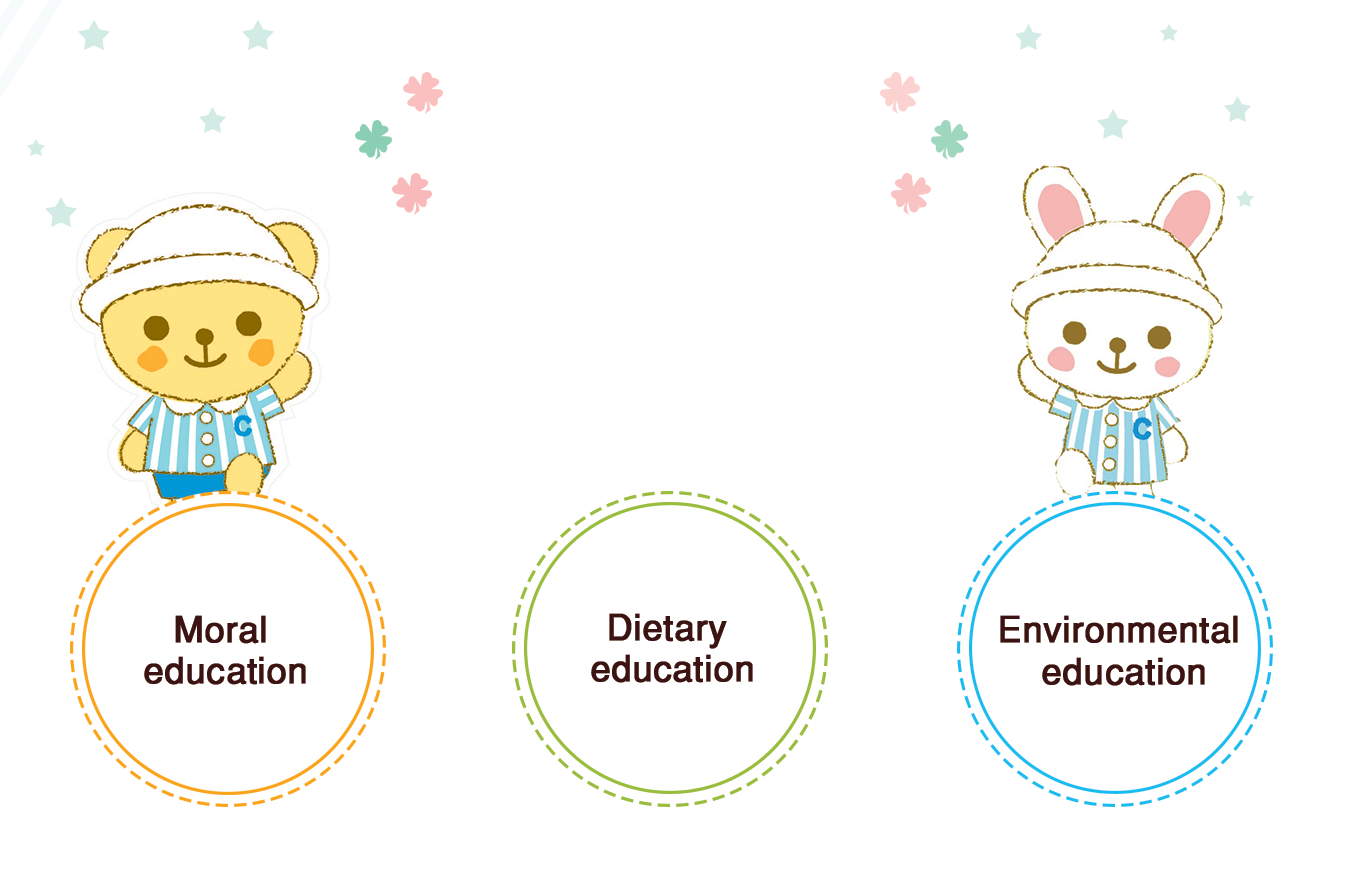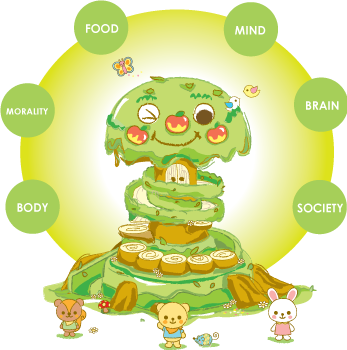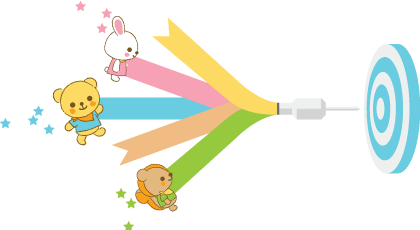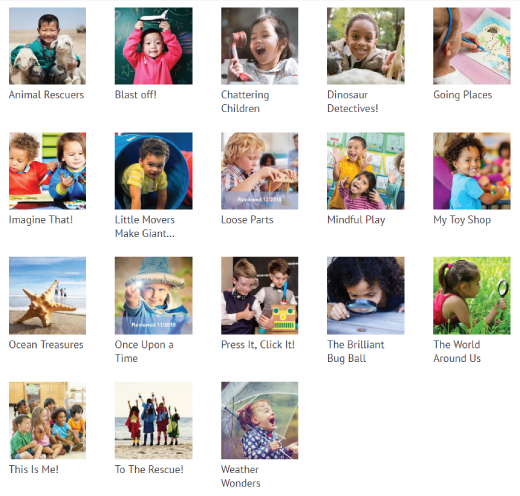Combi Plaza follows a holistic approach to early years education that focuses on Physical Education, Music, Art, Dietary awareness, Environmental awareness and healthy living habits in a safe environment guided by established curriculum as follows:
- ・A curriculum practiced for years in Japanese Nurseries and Kindergarten based on National guidelines formulated by the Government of Japan,mainly to meet individual development needs as well as global demands.
- ・The IEYC was designed in response to demand from schools/Early Years settings that were using The International Primary Curriculum (IPC) and wanted to incorporate a self-sustained international curriculum for learners in the Early Years age range of 2-5 years old. Fieldwork Education’s research
initially considered global trends of curriculum frameworks from over 45 countries – only 20 of which had a defined Early Years curriculum – to provide an international perspective on Early Years education. Following the consideration of global trends, a deep analysis was conducted on four national early childhood education models: Singapore; New Zealand; Sweden; and the United Kingdom. Significant discussions were then focused on items across key areas: curriculum, pedagogy, qualifications and staffing, quality assurance and assessment. It was from this research that thirteen key implications for an International Early Years Curriculum were identified.
Based on these two foundations, the Combi Plaza curriculum is a carefully planned and originally developed curricula to put an emphasis on three core areas that we believe essential for students to become a confident global citizen in the future, namely
 Through daily life and experience in a favourable environment in CPIPS, students will be:
Through daily life and experience in a favourable environment in CPIPS, students will be:
- – Developing a sense of morality
- – Forming adequate dietary behavior, preferences and manner
- – Establishing environmental consciousness
 Through daily life and experience in a favourable environment in CPIPS, students will be:
Through daily life and experience in a favourable environment in CPIPS, students will be:


